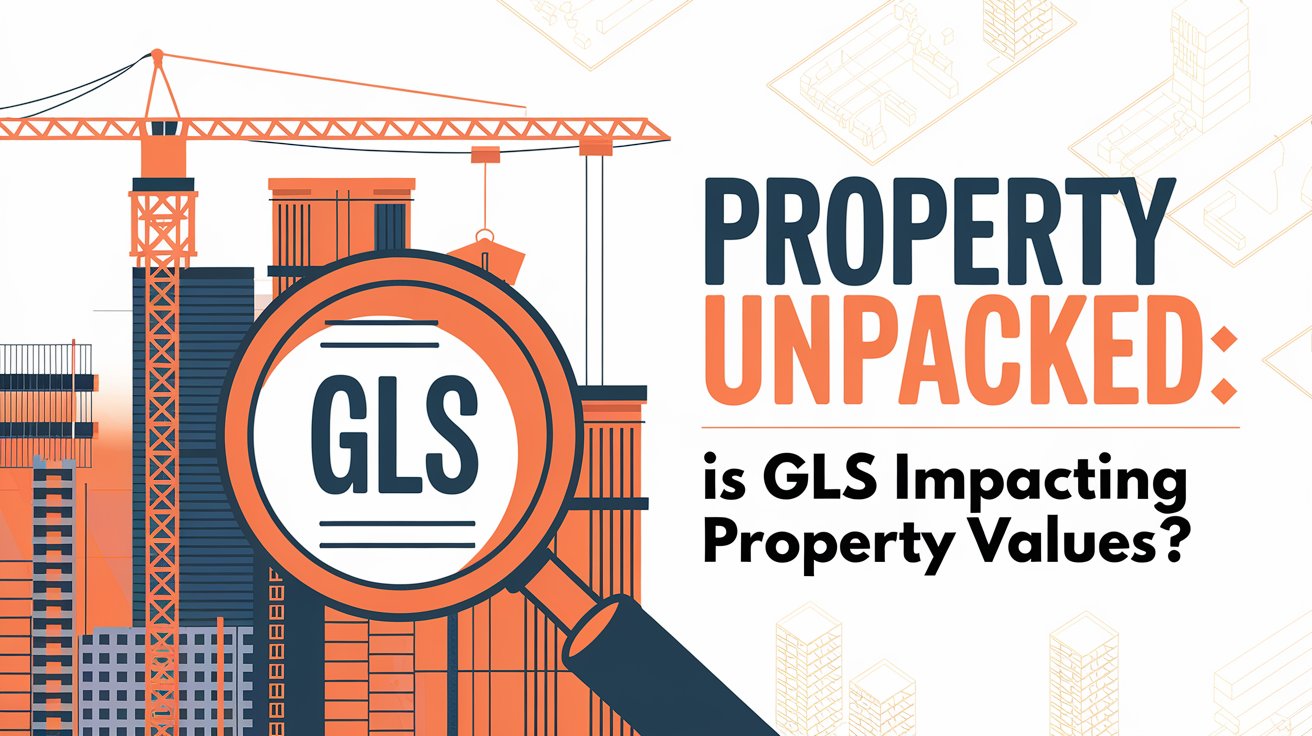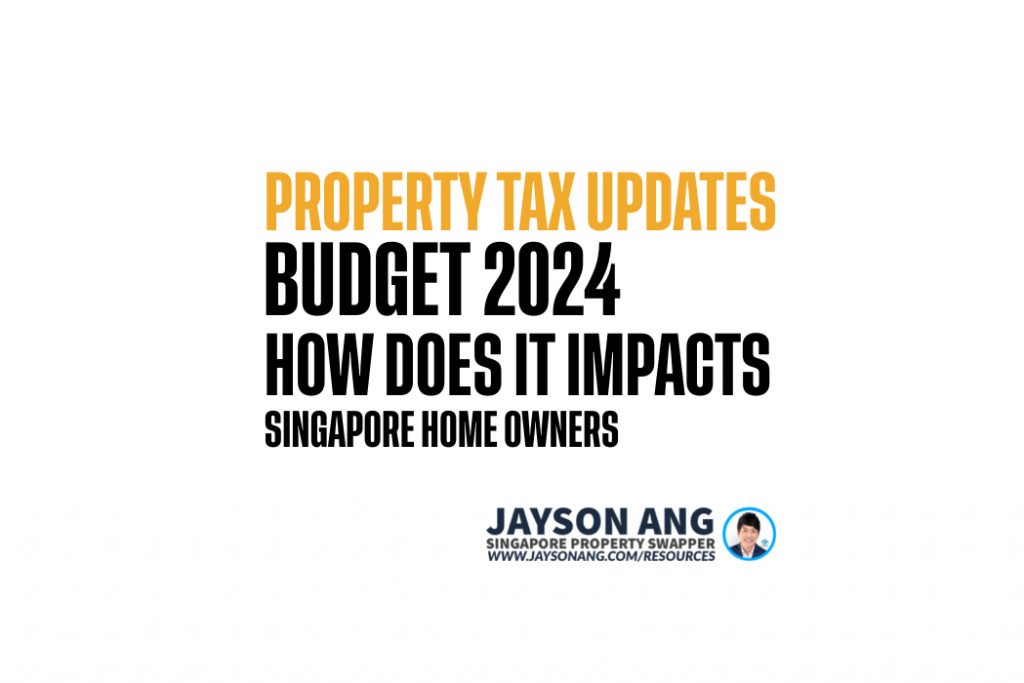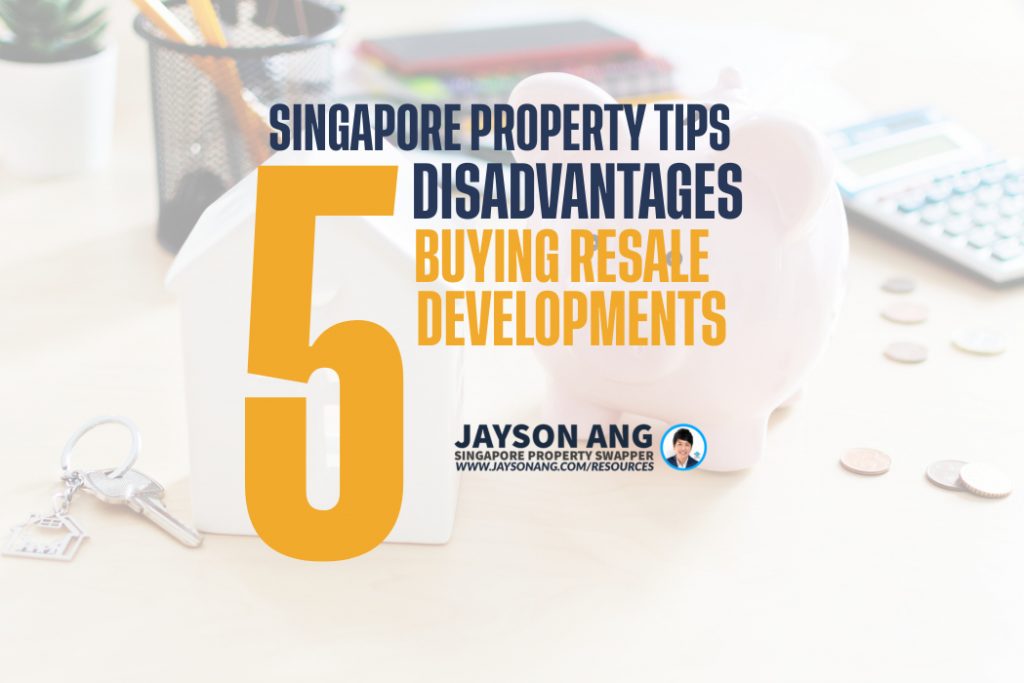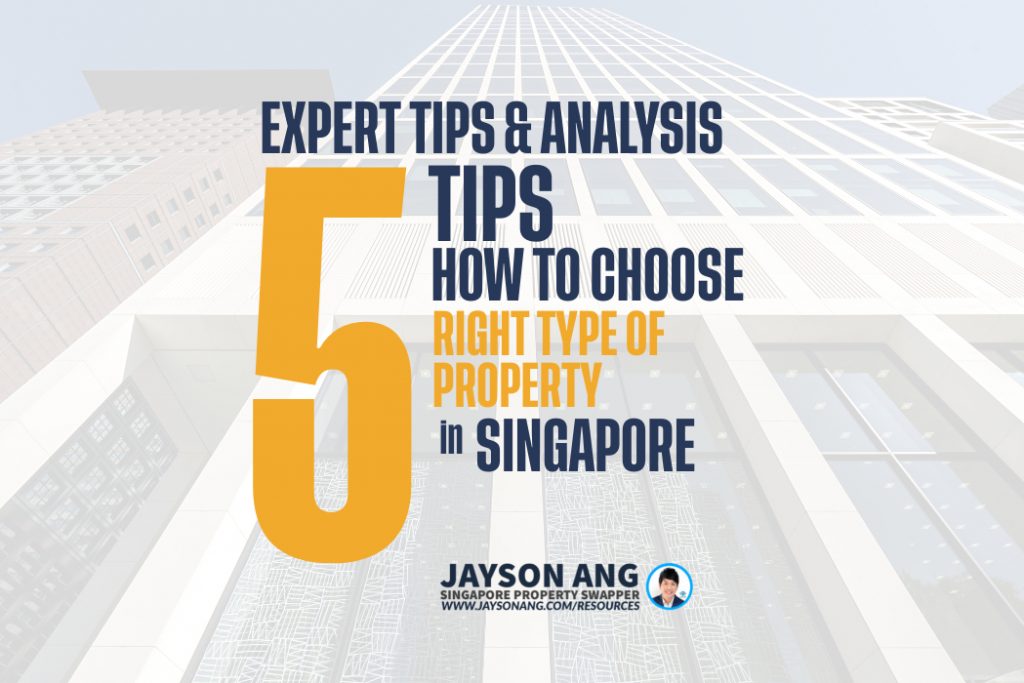TLDR
When contemplating the purchase or sale of a property under the Minimum Occupancy Period (MOP), it’s crucial to consider various factors beyond financial implications. Issues such as potential lease decay, inconvenience in schooling arrangements, problematic neighbors, and superstitions can significantly impact one’s living experience. The MOP may hinder flexibility in responding to unforeseen life changes, such as job relocations, family circumstances, or property-related issues. Engaging professional guidance and thoroughly assessing all aspects before committing to a property can help navigate potential challenges and ensure a smoother transaction process.
A significant number of Singaporeans understand that the primary disadvantage of the Minimum Occupancy Period (MOP) is the restriction on sale or rental, which could potentially lead to a loss of income. This is indeed a noteworthy concern, but it’s not the only one. Our observation suggests that many Singaporeans tend to disregard other elements associated with the MOP. Therefore, before committing to a five or even ten-year MOP (applicable for Prime and Plus flats), it’s crucial to be mindful of these additional potential drawbacks.
Exploring HDB BTO as a Financial Opportunity
From a fiscal perspective, the MOP’s downside is rather evident. Each year sees a notable surge in private property prices and more often than not, these private homes demonstrate a higher capital appreciation compared to resale flats. Consequently, the more you delay, the higher are your chances of missing out on an upgrade.
There’s also this nagging fear about lease decay, particularly the “99-year timebomb”, a fear that’s just as real for leasehold private properties as it is for HDB flats. However, owners of private properties can at least harbor hopes of en-bloc sales to developers, something which HDB owners can’t since they’re entirely reliant on the government.
(Unless, of course, there arrives a day when the government greenlights the participation of private developers in the en-bloc sale of HDB flats. But frankly, we wouldn’t bet on such a day dawning anytime soon).
What about those who own their homes outright or aren’t keen on climbing the property ladder? Turns out, the MOP could still be a curveball for them.
And last but not least, let’s not forget about superstitions and cultural no-nos. They might seem insignificant or funny, but for believers, they have real-life implications.
MOP May Have A Lasting Effect On Children Attending School As Time Goes By
The structure of schooling typically includes six years of primary education, followed by four years of secondary education. This fact raises some interesting questions when considering the 10-year Minimum Occupation Period (MOP) for a Prime or Plus apartment.
If your child’s primary and secondary schools are both within close proximity to your flat, that’s terrific. However, it’s not uncommon to find situations where the primary school is nearby, but the secondary school is not, and vice versa. The same scenario could be true for secondary school and higher education. A longer MOP could potentially turn what was once a short commute for your child into an extensive journey down the line.
The pitfall here lies in underestimating this potential inconvenience, only to regret it later. Some parents might shrug off an additional 15 to 20-minute travel time for their child’s school. But when you consider the round trip daily and multiply that over several years, it can significantly affect your child’s life. Moreover, schools may change locations, making a 5-year restriction quite cumbersome.
Therefore, when choosing a flat, it’s advisable to think strategically: Will the MOP have expired by the time your child moves on to a higher educational institution? If you’re still drawn to the location despite potential future issues, how will it affect your child’s commute time, and consequently, their free time and study hours?
Watch Out! Nightmare Neighbors: How the MOP Can Trap You
The MOP, or Minimum Occupation Period, can present a significant challenge when purchasing a BTO flat. This is primarily due to the potential for encountering difficult neighbors, an issue that is less likely with resale flats as there’s usually an opportunity to assess the neighbor situation prior to purchase.
There are numerous accounts of problematic neighbors available, ranging from those who persistently hang out damp laundry, to those borrowing from loan sharks, and even individuals suffering from disorders such as compulsive hoarding. In 2022, for instance, there were 260 unresolved cases of hoarding, demonstrating the difficulty in persuading hoarders to modify their behavior – a task that’s understandably challenging given the nature of the disorder.
Compulsive hoarding can extend beyond the confines of a home and into shared spaces, potentially leading to recurrent expenditure on pest control. However, these efforts are often in vain as the hoarding neighbor continues to provide a breeding ground for pests.
In many instances, homeowners find themselves with no other option but to sell their property and relocate. However, this becomes problematic if they are bound by the MOP. If an exception for early sale is not granted by the authorities, homeowners can find themselves trapped in a difficult situation. This predicament could be exacerbated further should you find yourself tied to a 10-year MOP.
Dealing with the Challenge of “Problem Flat” Syndrome
To illustrate, think about a homeowner who had to endure the unpleasant odor of waste infiltrating her dwelling for half a decade. Just to be fair, let’s point out that the apartment was a DBSS unit, meaning it was constructed by a private entity and not the government.
While we’d love to believe that every residential issue can be rectified, both public and private housing sectors do sometimes churn out defective units. These are apartments that simply refuse to be fixed, regardless of how many times a contractor attempts to repair them.
Without a Minimum Occupation Period (MOP), the homeowner could always resort to selling the problematic unit and moving on, leaving the issue for the next buyer to tackle. However, if the MOP still applies, there’s no shifting the problem onto someone else. You’re stuck with the apartment for a particular duration, usually five or 10 years. And this is exactly why it makes complete sense to engage a professional inspector before finalizing your purchase.
“Embracing Change: Breaking Free from Life’s Shackles”
Sure, we get it – HDB’s gotta keep it strict. If not, anyone could decide to offload their flat earlier than planned. Maybe their job’s relocating, or their kids have to shift schools out of the blue, or even if the old folks decide to up and leave. Stuff like that, you know?
While it’s often not feasible, attempts to offload a flat before the MOP period ends, barring instances of death or divorce, generally hit a brick wall. This implies that a significant lifestyle shift might corner you into a costly or distressing predicament.
Here are some typical situations we come across:
The closing down of a childcare center or relocation of grandparents who were caring for the kids can disrupt childcare arrangements.
A change in employment, sometimes triggered by layoffs, could result in a new job location that is an hour or more away.
When family members like parents, siblings, or children need to move in with you, you might want to sell your current flat and move into a larger one. But if you’re just in the early stages of your MOP, this isn’t possible.
School relocations during your MOP period can disrupt your child’s commute and daily routine.
Undeniably, a prime location near an MRT station or with extensive bus connectivity can be a game-changer, even if your immediate needs like office or school are just at your doorstep. After all, circumstances change unexpectedly.
Also, it’s tempting to opt for a smaller flat to save bucks initially, but ponder on this: What if down the line, you crave more space but are bound by your Minimum Occupation Period? Quite a conundrum, right?
Unraveling Taboos and Superstitions: A Sticky Situation
Regardless of your personal belief regarding superstitions or spectral entities, it’s unignorable that some individuals hold such beliefs. When these individuals are convinced that their apartment is subject to a curse or other misfortune, it can impact their health and overall wellbeing.
Living in a home where one feels perpetually under threat or cursed isn’t an ideal situation. However, “haunted” or “poor Feng Shui” aren’t acceptable grounds for selling an apartment before the Minimum Occupancy Period (MOP) ends.
If such claims were allowed, there would be potential for people to exploit the system, claiming supernatural issues as a reason for early sale.
This creates a significant dilemma for homeowners who experience emotional distress due to such beliefs but are bound by the MOP to stay put for five or even 10 years. This is a complex issue with no straightforward solution given our expertise lies in real estate, not psychology or supernatural phenomena.
The best advice we can offer is not to ignore such sentiments if they exist within your family or cohabitants. Even if you don’t personally subscribe to these beliefs, they could still negatively affect those who do. You wouldn’t want to be trapped within the MOP once you realize the need to relocate.
Committing to living somewhere for five years or even a decade is not a decision to be taken lightly. For many, the commitment of time may pose a more significant challenge than the financial aspects. Hence, when purchasing your flat, consider more than just the financials. Don’t brush off the “right vibe” as trivial; it can indeed be of great importance.
Should You Buy, Sell or Wait?
If you’re reading this, you must be trying to figure out the best course of action right now: is it the right time to buy or sell?
It’s difficult to give an exact answer since everyone’s situation is unique and what works for one person may not necessarily work for you.
I can bring you a wealth of on-the-ground experience and a data-driven approach to provide clarity and direction. From beginners to experienced investors, our top-down, objective approach will help you on your real estate journey.
I can help you by:
- Offering Strategic Real Estate Advice – I can help create a comprehensive plan to guide you through your property journey.
- Connecting Your Home with the Perfect Buyers – Through stunning visuals, an effective communication strategy, and an in-depth knowledge of the market, we’ll ensure your home is presented in the best possible way to fulfill your goals.
You May Also Like …























































































